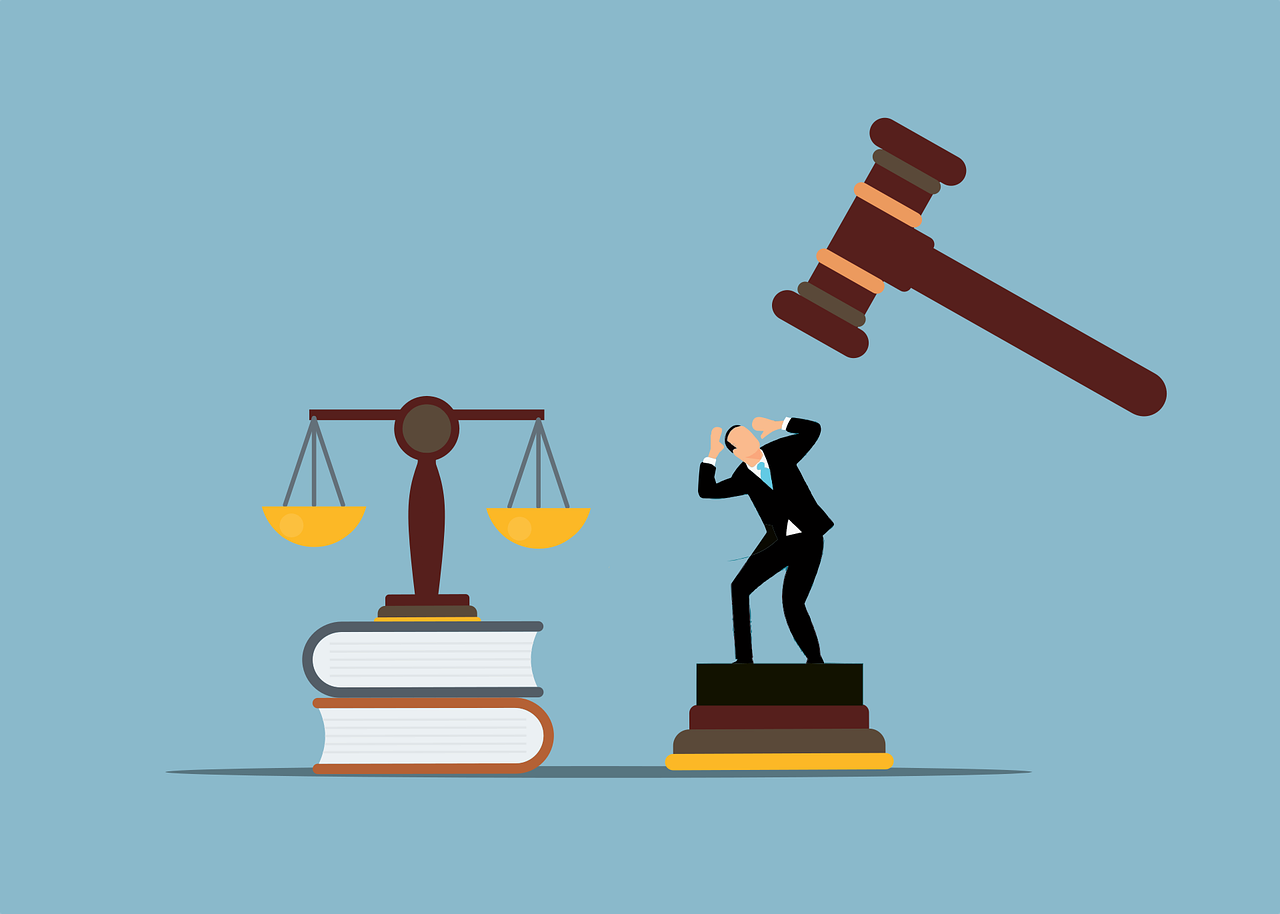 The short definition of probate is: “Probate is the court action that changes the title of assets from a deceased person to the beneficiaries or heirs.”
The short definition of probate is: “Probate is the court action that changes the title of assets from a deceased person to the beneficiaries or heirs.”
Whether or not someone leaves a will, probate is often necessary. It is a common misconception that creating a will, or holding assets jointly, will avoid probate. Simply leaving assets to someone in your will does not give them the right to those assets. Rather, a probate court will determine whether a will is valid and ultimately approve distribution of assets.
When a loved one passes away, someone must step up and manage the estate. The person entitled to do this under a will is the Executor. This person becomes a fiduciary of the estate and has a duty to act in the best interest of the beneficiaries. As an executor, you will need to gather certain documents and information in order to open probate, including:
- Death Certificate
- Will
- All asset statements
- All Bills
- Funeral home bill
In Rhode Island, the probate process is governed by Chapter 33 of the General Laws, but each city and town has its own probate court located at the town or city hall. Each town has its own procedural rules. The process can be confusing and overwhelming, and most people elect to hire an attorney to handle probate.
Doesn’t sound too bad, right? Usually, probate is a straightforward process, however, there are several reasons you may want to avoid probate for your own estate.
1. Is Probate A Public Process In Rhode Island?
Just like a town meeting, anyone can attend a probate court hearing. Likewise, anyone can view documents filed with the probate court, including your will. The purpose of public probate is to give interested parties the opportunity to object to the appointment of a personal representative of the estate (also known as an executor when named under a will, or an administrator when there is no will), or to challenge the will.
If you choose to leave your assets to someone other than your heirs at law, it is important to understand that your heirs will be notified.
2. The Probate Process takes at least six months to complete
Because creditors have a right to be paid from the assets of the estate, a probate case must remain open for a minimum of six months to allow creditors to file claims against the estate. This means that your heirs or beneficiaries must wait at least six months before receiving their inheritance.

3. Probate can be expensive
A probate case involves court fees, administration fees, and of course, attorney’s fees. In addition, larger estates may be subject to estate taxes. All of these fees are deducted from the beneficiaries’ inheritance.
 Avoiding Probate Is Easy With Proper Estate Planning, But If You Can’t Avoid Probate, Work With An Experience Probate Attorney in Rhode Island
Avoiding Probate Is Easy With Proper Estate Planning, But If You Can’t Avoid Probate, Work With An Experience Probate Attorney in Rhode Island
In some cases, probate cannot be avoided. Lack of planning and poor planning subjects your estate to the public probate process, fees and taxes, reducing the amount your loved one’s will inherit. You can create an estate plan with the help of an experienced estate planning attorney that avoids the probate process and saves your loved ones time and money. However, you can’t create one for someone else. If you are tasked with handling probate for a loved one, call the law office of Jill M Santiago and we will assist you with the process.




